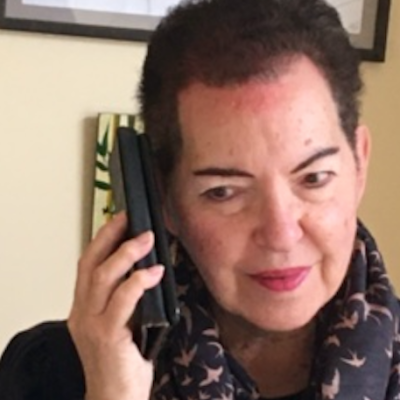Dealing with difficult behaviour: Nosy people
Have you ever spilt the beans on yourself or on somebody else? You’re at a party, work event, or passing someone you know in the street or corridor when they casually ask you a ‘nosy’ question.

Suddenly you’re telling them (against your wishes and better judgement), about work colleagues, family, friends, or yourself personally, your age, finances, political and religious views. Telling all may leave you feeling exposed, anxious or unsettled; you might feel angry with yourself and resentful of the ‘nosy’ person.
What is a nosy question?
Is there such a thing as a nosy question? Two people can feel totally differently about the same question. If you’re out of work you might not feel like answering “What do you do?” but, if you love your job, you’ll probably be delighted to talk.
So, which questions do you find nosy?
- Where do you live?
- What’s your phone number?
- Where do you work?
- What’s your boss like?
- What’s the company like to work for?
- Are you in a relationship?
- Are you married?
- Do you have kids?
- Do you own your own home?
- Have you got a mortgage?
- How much do you earn?
- How old are you?
- Do you believe in God?
- How do you vote?
There may be other questions people ask you that you find nosy. And, your opinion about a nosy question may depend on the social situation, or even which person is asking the question. For instance, you may be happy to answer a question socially but feel reticent at work.
Why spill the beans?
So what makes us tell all when we know it’s unwise? It could be out of embarrassment, surprise, or even being taken unawares. Perhaps a fear of being disliked? Not wanting to offend or appear rude? A general inability to say no? Or simply not knowing what to say?
Mind your own business
A common aggressive response to a nosy question is, “Mind your own business” - which is probably ruder than the question itself. An indirect person might say, “I hate it when people ask me that”, while a more passive person might turn beetroot red… but still, answer the question.
10 assertive tips on dealing with nosy questions
1. Go with your gut
If your head and heart tell you not to answer, trust them.
2. Don’t be rude back
Try to refrain from confrontational responses: “How dare you ask me…” or “What a cheek”. If you need to, turn the question back to them instead, “So what’s your love life like?”
3. Use “I” statements
Statements such as, “I’m not comfortable being asked” or “I don’t discuss personal issues at work” takes responsibility for the way we feel about the question. Since each one of us will feel differently about whether a question is nosey or not, this approach is polite and respectful.
4. Find out more if appropriate
“I’m interested to know why you’re asking?". "How did you hear about that?". You can then decide if you want to answer.
5. Say how you feel about being asked or about giving the information
“I’m surprised to be asked…” or “I feel awkward talking about…” or “I’m not comfortable being asked personal questions at work”.
6. Depersonalise your answer
"I don’t like saying my age" or “I don’t discuss personal issues/religion/politics at work”.
7. Express your feelings if you want to
If they press for an answer, it’s OK to say “I’m feeling pressured to answer and I’ve already said…”
8. Move them on
If they still press, say “I’d like to change the subject.”
9. Turn it into a joke
Sometimes a little, light humour will suffice: “How old are you?”, “I feel young” or “I don’t remember!”
10. Stay true to you
Finally, don’t let guilt force you into returning to the subject and giving away your secrets.
Sensitive information
Some questions are of a more sensitive nature. Someone close may want to know what you are writing, where you are going, about your health or wealth! There will be times when you choose privacy. “Thank you for asking. I’d prefer not to go into it and would be grateful if you’d respect that”.
There is a delicate balance here when both parties have genuine needs. Respect their enquiry as well as your needs, don’t bow to pressure and then feel regret. There may be a later time when you’re happy to share it.
Learning how to set boundaries can be tough. If you'd like to find out more about how to set boundaries in your relationships, get in touch or to find out more about how you can become more assertive without offending others, find out how confidence coaching could help you.

Find a coach dealing with Confidence
All coaches are verified professionals






